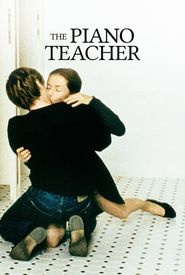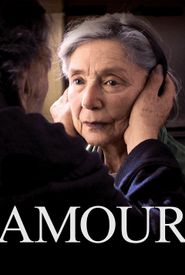Isabelle Huppert, a renowned French actress, was born on March 16, 1953, in Paris, France, but spent her childhood in Ville d'Avray, where her mother, Annick Huppert, a teacher of English, instilled in her a passion for the performing arts.
Isabelle's early life was marked by a strong connection to the world of theater, as she began her training at the Conservatory of Versailles, where she won an acting prize for her outstanding performance in Alfred de Musset's "Un caprice".
She then continued her education at the Conservatoire d'Art Dramatique, which led to a distinguished theatrical career, featuring iconic roles such as Ivan Turgenev's "A Month in the Country" and Euripides' "Medea", in which she portrayed the titular character.
Isabelle's film debut came in 1971 with the movie "Le Prussien", and she quickly established herself as one of the top actresses of her generation, delivering powerful performances in critically acclaimed films like Claude Goretta's "The Lacemaker" (1977),where she played a naive and vulnerable young woman, and Jean-Luc Godard's "Every Man for Himself" (1980),in which she portrayed a prostitute.
She also made notable appearances in Maurice Pialat's "Loulou" (1980),as an upper-class woman with a penchant for the unconventional, and Curtis Hanson's "The Bedroom Window" (1987),as an adulteress who becomes embroiled in a mystery.
Isabelle has had a long-standing and highly productive collaboration with Claude Chabrol, with whom she has worked on several films, including "Violette" (1978),in which she played a complex and troubled character, and "Story of Women" (1988),which showcased her remarkable range as a shameless abortionist.
More recent highlights in her extensive filmography include Patricia Mazuy's "Saint-Cyr" (2000) and Michael Haneke's controversial "The Piano Teacher" (2001),in which she portrayed a repressed and conflicted piano teacher.








































































































